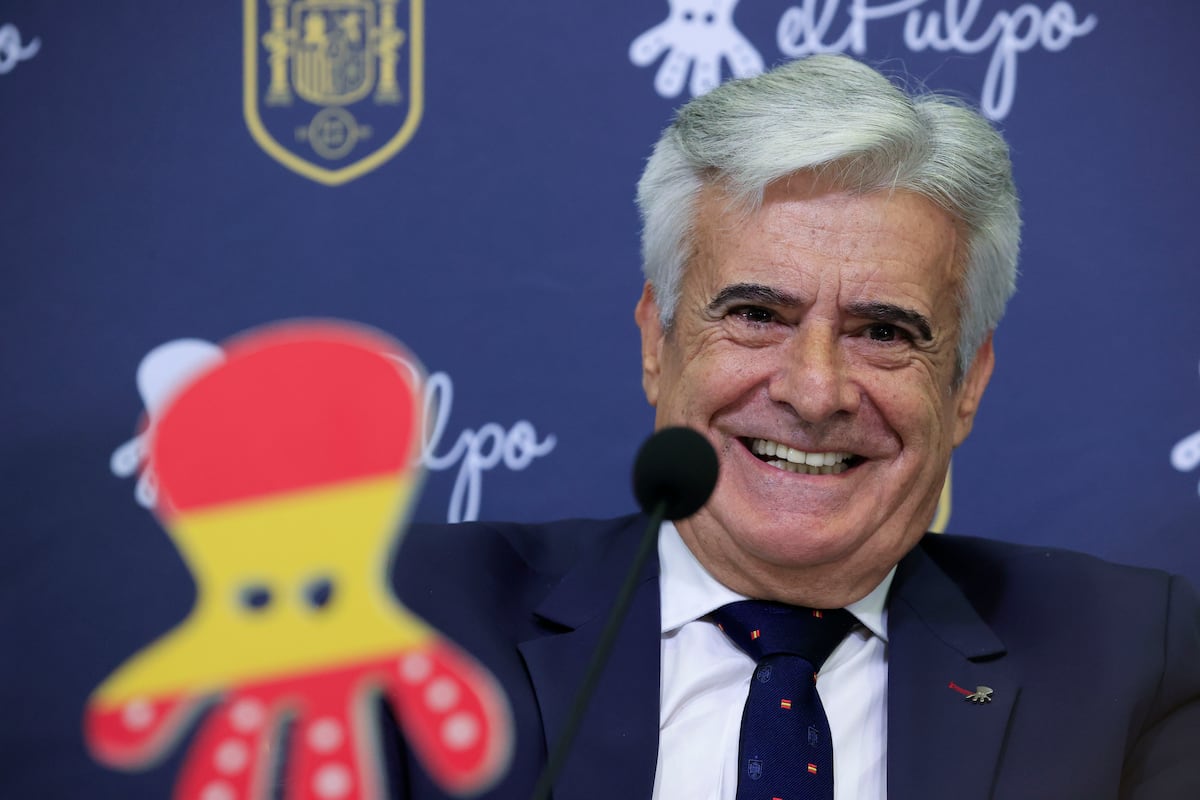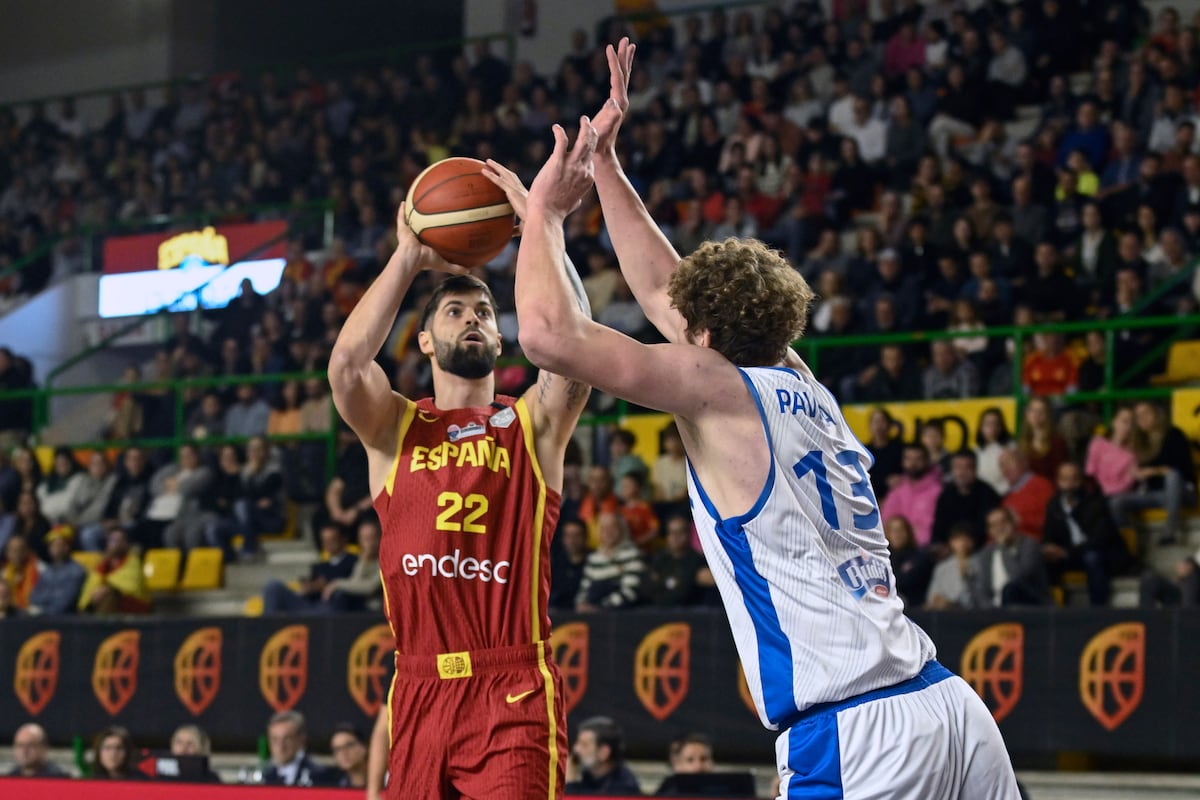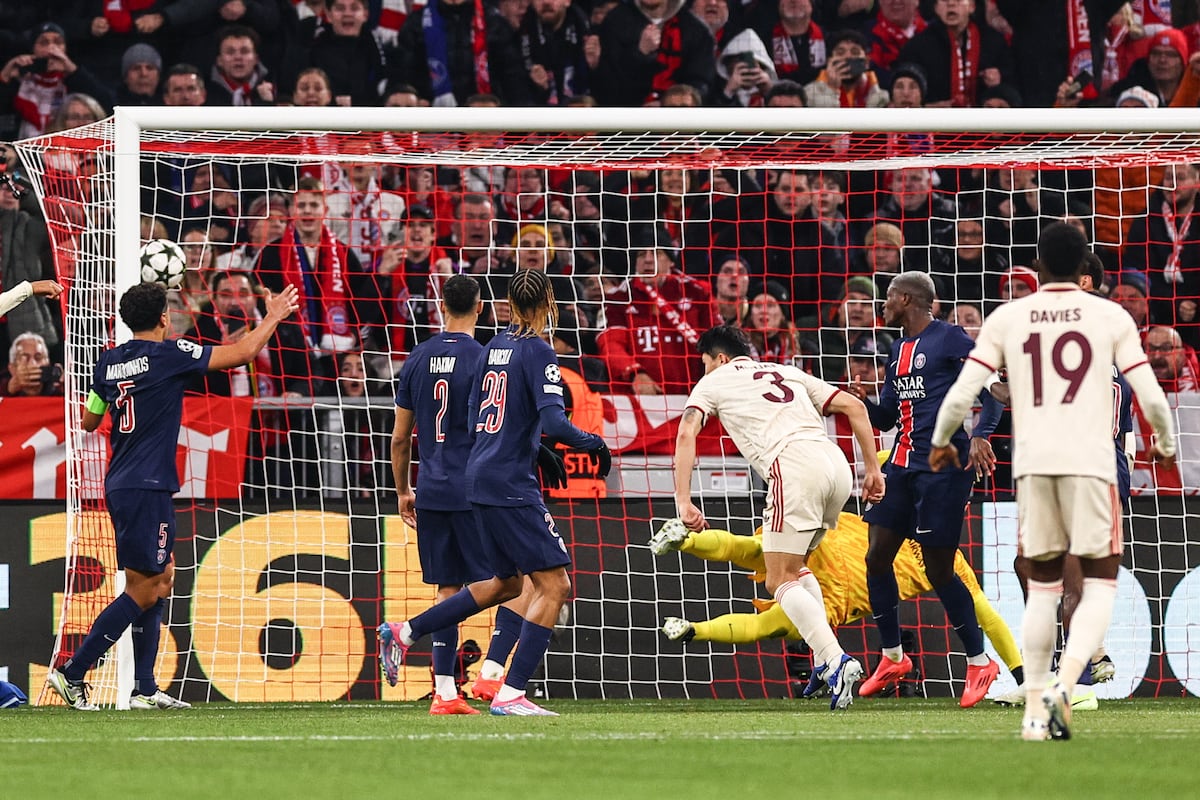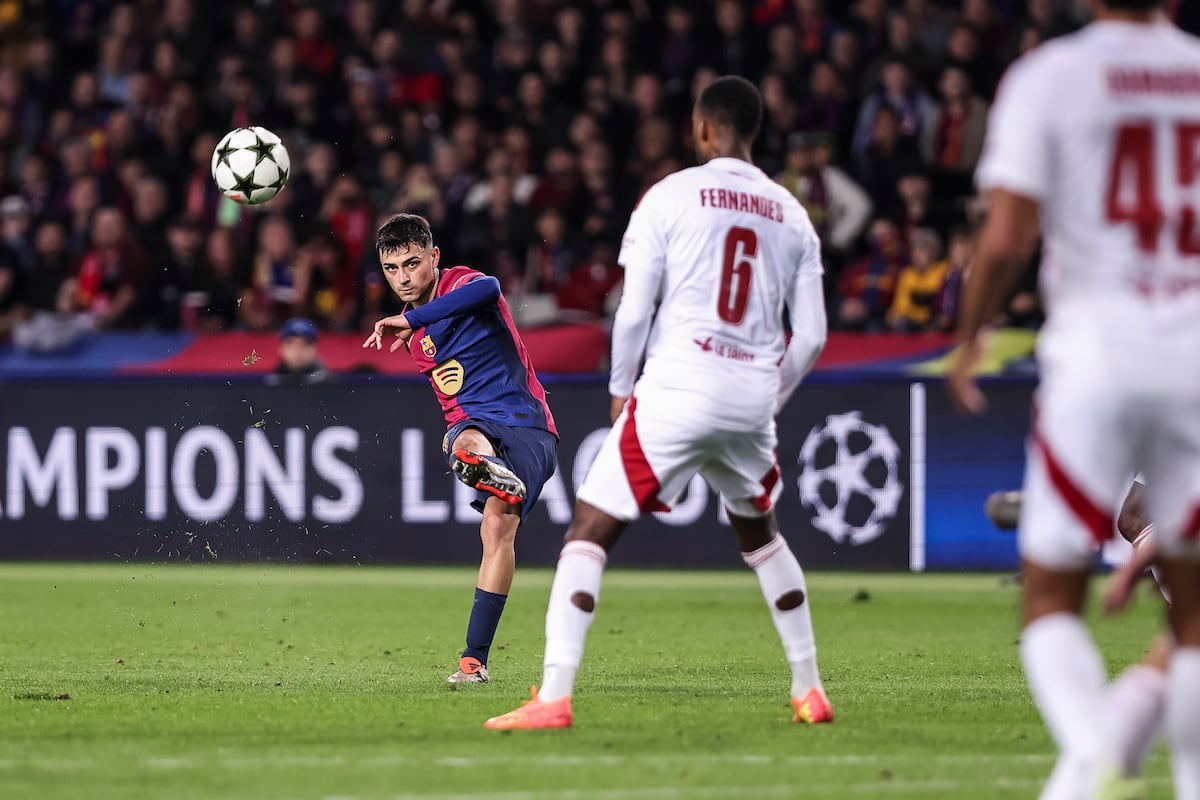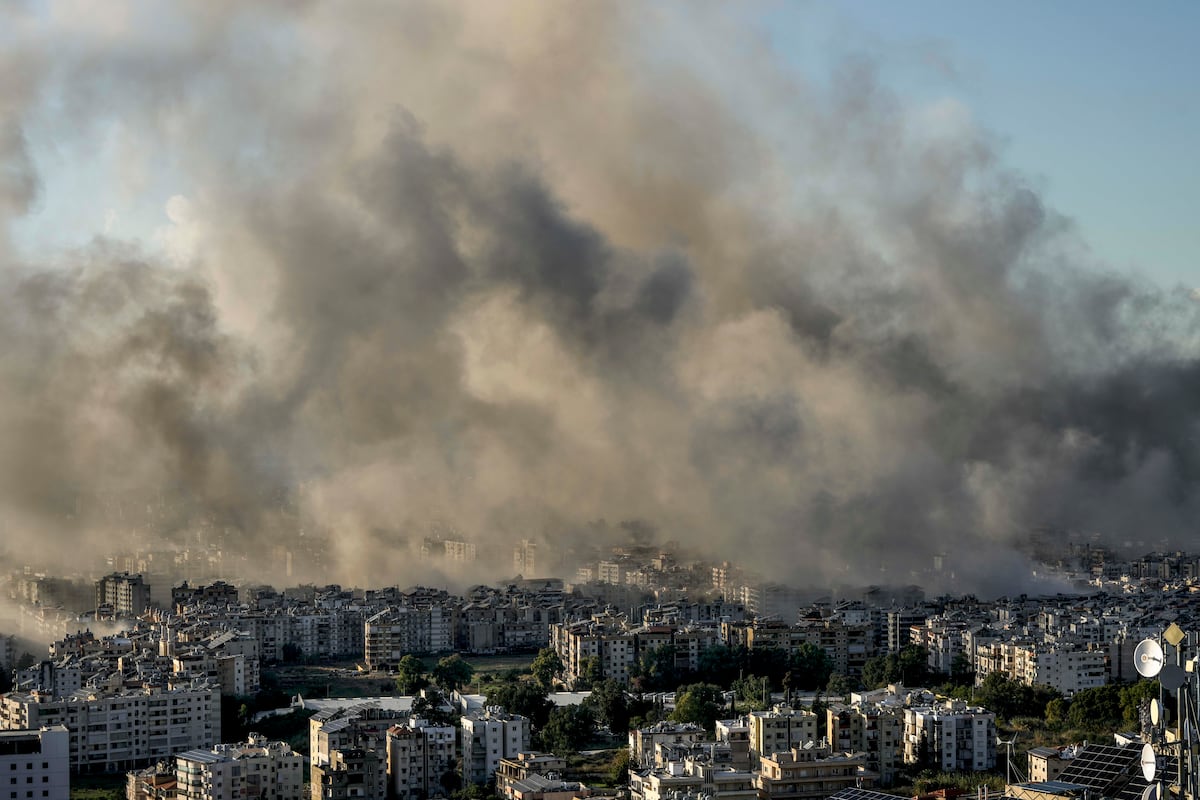The disqualified Pedro Rocha will know this Wednesday if he can present a candidacy for the presidency of the Royal Spanish Football Federation (RFEF). Three judges from the contentious chamber of the National Court decide whether to grant the precautionary measure requested by the Extremaduran leader in order to paralyze the two-year disqualification imposed on him by the Administrative Court of Sports (TAD) for exceeding his duties when He chaired the management committee that replaced Luis Rubiales, his predecessor in office. This is Rocha’s last resort, after an Administrative Litigation judge has already denied him precautionary measures twice. If the order is favorable, Rocha will be the next president of the RFEF because there is an agreement between the majority of the territorial presidents to support him. In that scenario, Rocha would be virtual president on December 5, the last day to deposit the 21 guarantees necessary to present a candidacy. Rocha would have no rival.
The barons have committed themselves to Rocha despite the fact that his presidency could be interrupted when the judge resolves the substance of the matter. If the magistrate ratifies the TAD sanction and Rocha had to abandon the presidency of the RFEF again, Spanish football would experience another embarrassment in a context in which Spain is, along with Portugal and Morocco, co-organizer of the 2030 World Cup. Rocha committed a administrative offense that is difficult to avoid because it responds to an objective fact. He violated administrative regulations by dismissing the general secretary Andreu Camps on his own without taking into account the rest of the members of the management committee. Rocha’s lawyers defend that their client addressed Camps’ dismissal sponsored by Víctor Francos, then president of the Higher Sports Council (CSD). Rocha could have refused to commit the illegality before Francos, but he preferred to remain as president of the RFEF. Rocha’s lawyers also allege that Camps reached an agreement and did not challenge the dismissal. The economic agreement was so juicy for the former secretary general that he preferred to accept the dismissal.
Rocha, in addition, is accused in Operation Brodie for presiding over the economic commission of the RFEF when addendums were signed to the contracts to bring the Spanish Super Cup to Saudi Arabia and for the remodeling of the La Cartuja stadium with the company Gruconsa, in that a brother of the director of the RFEF’s legal services worked. Rocha was called to testify as a witness by Judge Delia Rodrigo and in just half an hour of testimony and after having lied, the magistrate changed his status to that of under investigation.
If the three judges of the National Court do not grant Rocha the precautionary measure, a war between the barons is foreseen. These have been scheduled for this Wednesday afternoon in Madrid with the aim of electing a consensus candidate who can be proclaimed president on December 16. The Galician Rafael Louzán has gained strength in recent times, but what works against him is that he is sentenced to seven years of disqualification from holding public office for prevaricating when he was president of the Provincial Council of Pontevedra. Right now he would not be able to hold any position in FIFA or UEFA if he were elected federative president.
The barons who support Louzán defend that the crime was not committed in the field of sport, although the conviction occurred for granting a company a subsidy of 86,311 euros for works to improve the Moraña soccer field, which for the most part They were already executed. Louzán’s opponents argue that his election would once again tarnish the name of the federation. Another of the candidates among the barons is the Valencian Salvador Gomar, who is looking for last-minute alliances. Secretary General Álvaro de Miguel could be a solution if there is no agreement between the barons. Outside the system, only the businessman Juan Manuel Morales has made his candidacy official, who on Tuesday sent a letter to the barons inviting them to support a program worked on with more than 200 proposals.

